The end of the year is a time for not only looking back at the past, but also for looking forward into the future.
The Epoch Times presents to you the stories that we understand were big in 2009 and will be big in 2010 and beyond. The Epoch Times publishes in more than 10 languages and in more than 30 countries, a truly global media, and this list reflects that reach. The stories below have global impact.
There were stories that made a splash—heroic acts and fallen heroes, fortunes made and fortunes lost—in 2009, but have little lasting impact on most of the people on the planet. Those stories do not make the list. The stories below have lasting impact.
Next week: The Epoch Times Top News Stories of the Decade 2000-2009
Economic Downturn
The story that began with rumblings in 2007 and rose to a loud roar in 2008 transformed into steady moaning and murmuring in 2009. The economy is on the mind of everyone, whether rich, poor, or middle class. The numbness of collecting unemployment benefits—or of benefits running out—weighed on the 10 percent of the population officially unemployed in the United States, and similar percentages in other countries. A whole nation, Iceland, went bankrupt. The high-flying emirate of Dubai needed to get a $10 billion handout from neighbor Abu Dhabi to avoid default. Bailouts, stimulus packages, and credit crunch will be part of the lexicon for a while.
Treaty of Lisbon
The 27 European Union member nations, after debates and rejections and reversals, finally ratified the megalithic Treaty of Lisbon. What does the treaty actually contain? Few know. Yet on the heels of Ireland’s referendum thumbs up (reversing the 2008 thumbs down), Europe as a whole gained a face on the world stage: its first permanent president, Herman Van Rompuy from Belgium. The consensus impact: more power for Brussels bureaucrats and streamlined decision making. The milestone in coalescing a single identity from disparate nations also tells, through the rocky ratification process, of the ongoing difficulties in bringing them to act in concert.
Growing International Recognition of Human Rights Abuse in China
Two landmark lawsuits, in Spain and Argentina, highlighted the severity of the Chinese regime’s genocide and torture campaign against an estimated 100 million Falun Gong practitioners. An Argentinian judge issued arrest warrants for the top responsible leaders, Jiang Zemin and Luo Gan. An eyewitness to the gruesome procedure of removing organs from live Falun Gong practitioners stepped forward, adding another piece of evidence to those previously reported by The Epoch Times. Human rights abuses in China were in the spotlight as the world observed 50 years since the regime’s Tibetan takeover, 20 years since the Tiananmen Massacre, and 10 years since the persecution of Falun Gong began.
Health Care Reform in the United States
Significant health care reform bills were passed in both chambers of the U.S. Congress this year, paving the way for the largest health care overhaul in the United States in 40 years. Significant changes in the health care industry are coming. The bill proposes to provide coverage for all Americans at a time when approximately 30 million Americans are uninsured. The cost of the proposals over 10 years: $1.2 trillion in the House version and $871 billion in the Senate version. Whatever form the bill takes finally, reform will cause economic waves in the world’s largest economy, and thus the world’s economy.
Islamic Militants on the March in Afghanistan and Pakistan
Early in 2009, observers speculated on whether the nuclear-armed nation of Pakistan was doomed to fall apart in the face of a growing insurgency by Taliban militia. In September, a report by the U.S. commander in Afghanistan acknowledged Taliban gains there as well, leading some U.S. politicians to call for withdrawal. Pakistani armed forces went on the offensive, while the United States stepped up Predator drone attacks on militant leaders in Pakistan. After months of deliberation, U.S. President Obama approved a “surge” of troops into Afghanistan and a change in strategy modeled on the counterinsurgency strategy used successfully in Iraq.
H1N1 Swine Flu Pandemic
Many countries continue to grapple with the H1N1 swine flu virus, classified as a pandemic by the World Health Organization (WHO). The death toll has reached more than 10,000, and concern is centered around possible mutations of the virus into a super flu. Millions of vaccines have been administered worldwide. China is covering up the extent and severity of the disease within its borders, much the same way as in 2003 with SARS. Doctors have said they are told not to diagnose H1N1, nor report the actual numbers of deaths. Just ahead: the northern hemisphere winter rolls in and flu season ramps up.
Copenhagen Summit and Climate Change
The U.N. Climate Change Conference brought together 119 world leaders in Copenhagen. The talks nearly broke down, but an agreement was reached. It was lauded as a step forward by signatories, but criticized by global-warming activists as weak and by global-warming skeptics as potentially expensive and a threat to political freedom. Climate change legislation is already in place in Europe, but a climate bill in the United States seems unlikely in 2010. In December, hackers publicized e-mail exchanges between members of a renowned climate change research center that showed what appeared to be manipulations and omissions of scientific data. This led to questions over the reliability of the science behind the phenomenon.
Mass Murder of Journalists and the Decline of Press Freedom
Even when journalist casualties in Afghanistan and Iraq are excluded, 2009 was an especially deadly year for journalists the world over. Press freedom came under attack increasingly as working journalists in Russia, El Salvador, Mexico, Afghanistan, and Iraq were murdered. Impunity in such murders remained common and widespread. The most startling case was the mass murder of 31 journalists in the Philippines. The reporters were part of a convoy campaigning in upcoming elections. The convoy was ambushed and more than 50 people were brutally murdered. It was the worst case of its kind in history.
Mass Public Protests in Iran Lead to Instability of Regime
June election results found sitting President Mahmoud Ahmadinejad staying in power despite widespread claims of voting fraud. Nationwide protests, the largest since 1979, became the “Green Movement.” After weeks of violence by the military, and the death of over 200 Iranians, the protests were suppressed. Protests erupted again in December after the death of Grand Ayatollah Hossein Ali Montazeri, the father of the reform movement. Observers believe the end of the Islamic regime is now possible. Software from the Global Internet Freedom Consortium enabled holes to be punched through Internet censorship, thus relaying news to the outside.




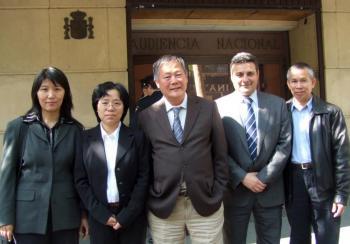
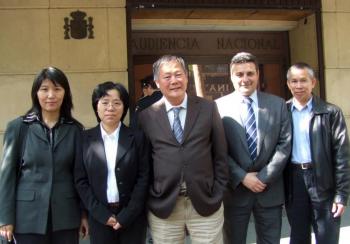
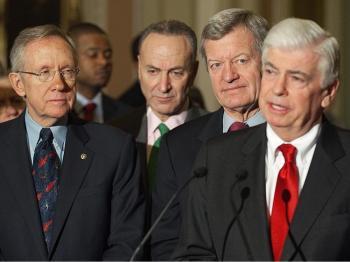
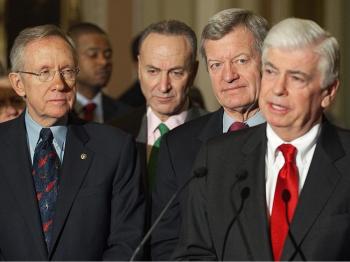
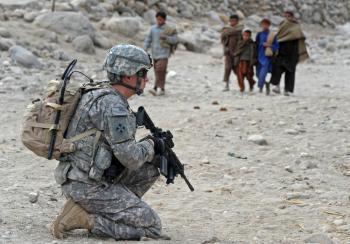
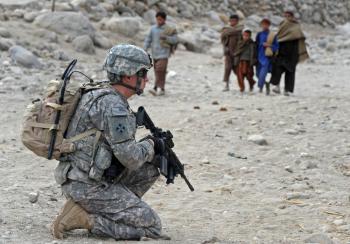


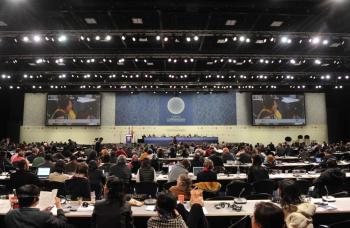
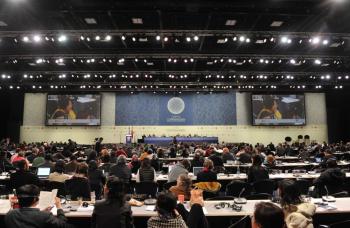
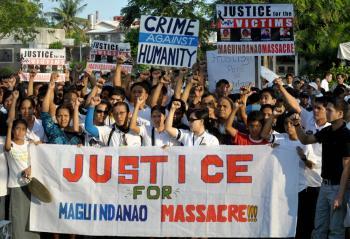
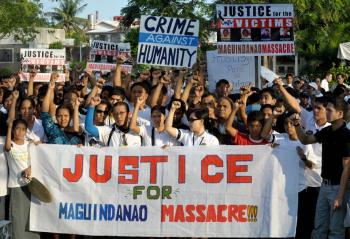
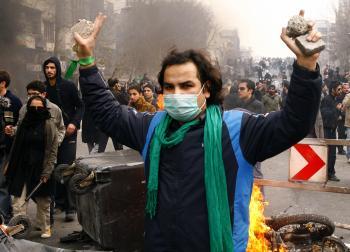
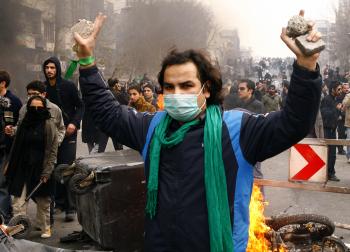

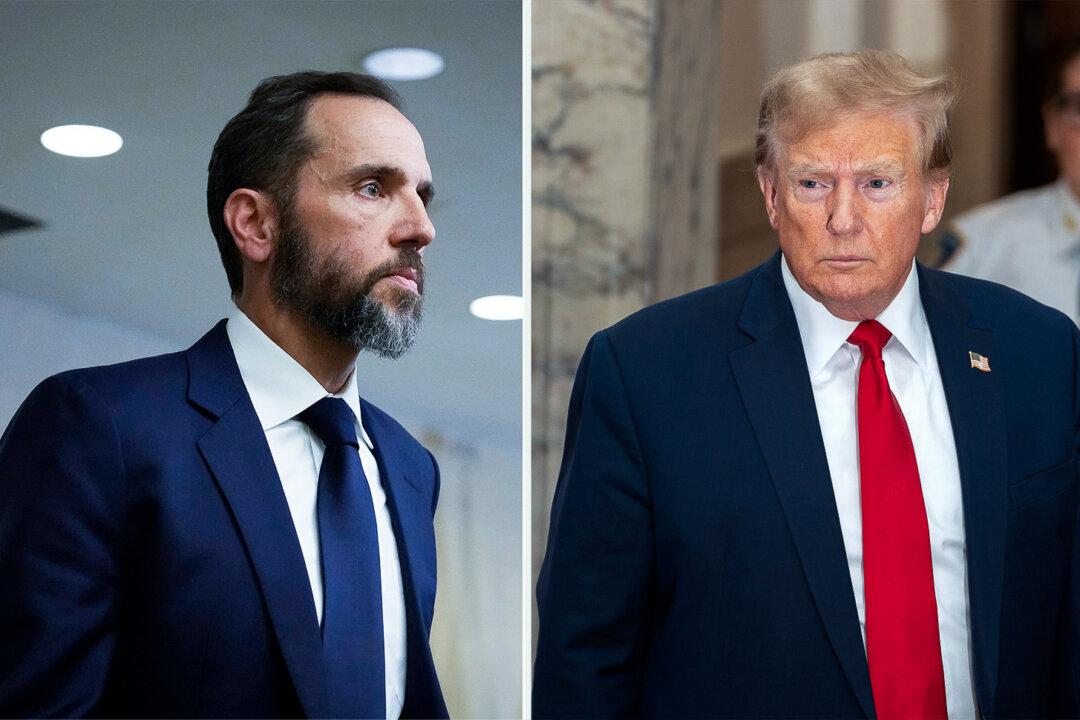
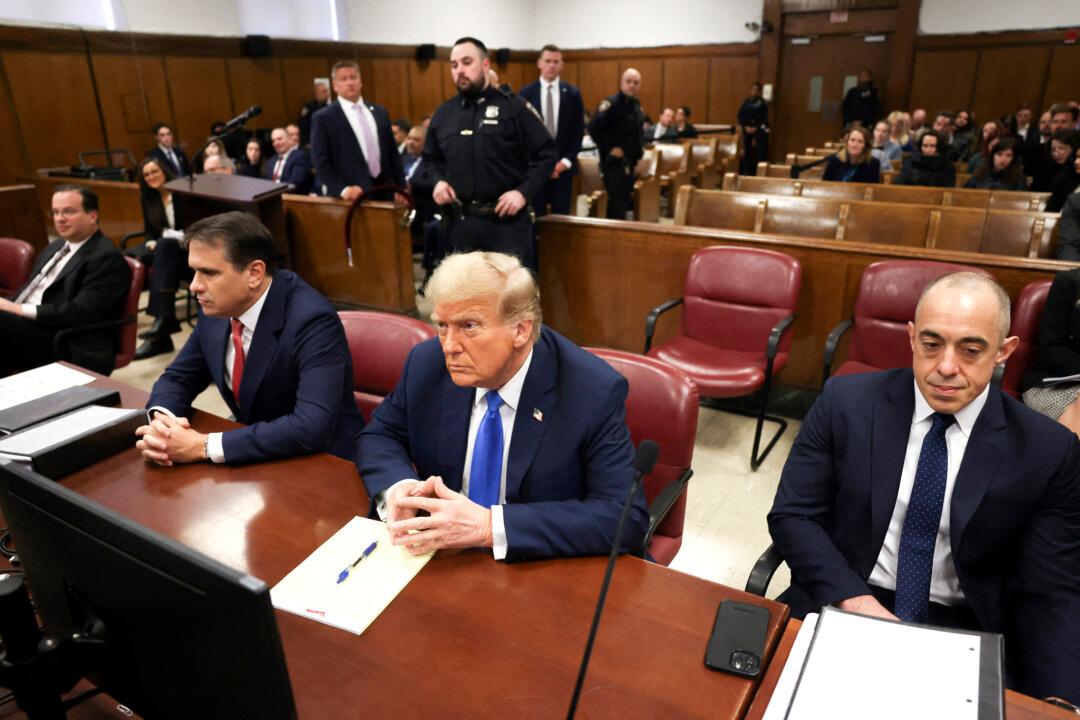
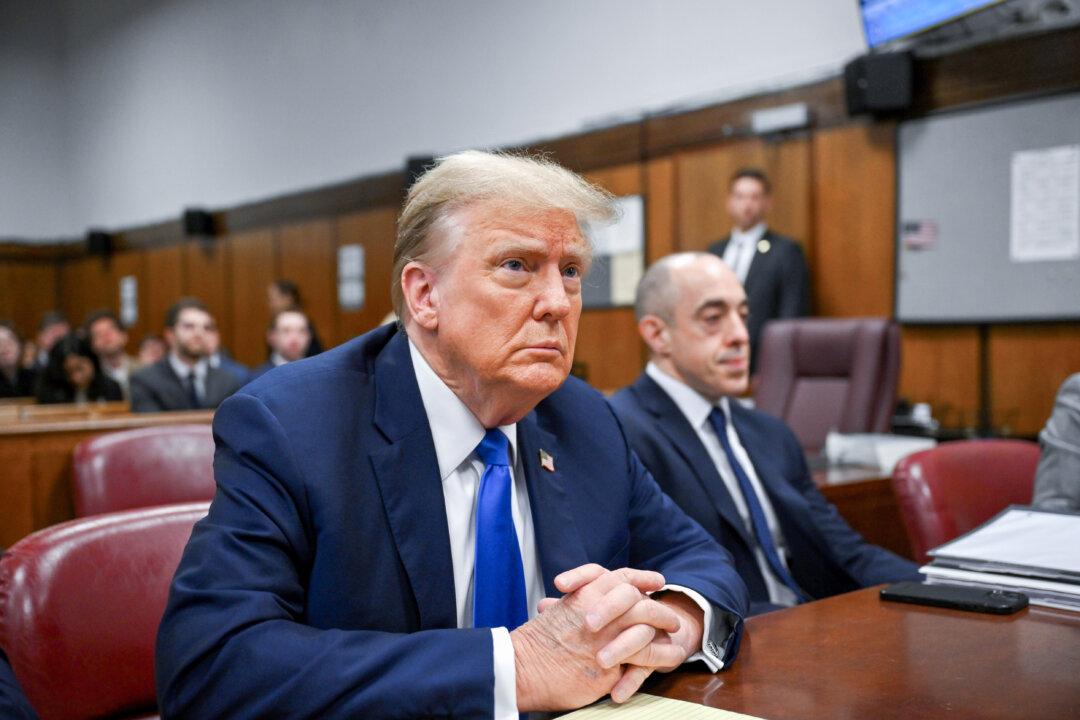
Friends Read Free